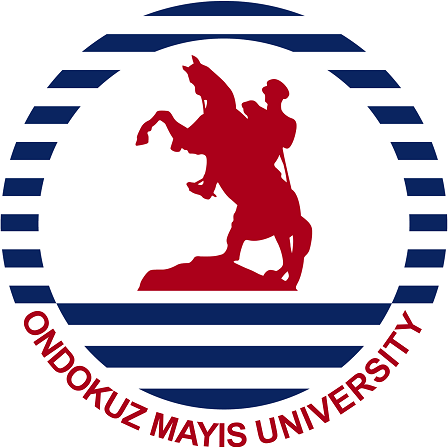Teaching Aims of The Philosophy Programme
1.To produced students who are familiar with the main theories, current debates and research methods.
- To produce students who can think critically and analytically, who can follow current developments in the field, and who have adopted the main principles of professional ethics.
- To produce students capable of interdisciplinary and intercultural academic and applied research.
- To educate students who are not prejudiced against differences, who have a sense of social responsibility and who respect universal values and human rights.
Program Outcomes of The Department of Philosophy
- Knowledge of the different periods and movements in the history of philosophy.
- Knowledge of the main concepts and approaches in the main fields of philosophy (philosophy of science, philosophy of art, political philosophy, philosophy of ethics, philosophy of mind, philosophy of the environment, philosophy of education, philosophy of law, etc.).
- Acquire the ability to read the main works of philosophers and to understand their concepts and arguments.
- Acquire the ability to think rationally, consistently, critically, analytically and in a synthesising way.
- Be faithful to the values of professional ethics, learn how to work in a team and, when necessary, take individual responsibility..
- Benefits from the other social science disciplines and develops an interdisciplinary perspective.
- Benefits from resources in other languages, expresses ideas orally and in writing.
- Acquires the ability to use technology and to communicate effectively.
- Contribute to the production of philosophical knowledge at the national and international levels and its provision to the society.
- Understands the characteristics of philosophical knowledge and distinguishes it from scientific, artistic, mythical and religious types of knowledge.
- Distinguishes between the natural sciences and the social sciences in terms of their methods and aims.
